LIFE SCIENCES
Per i criteri di valutazione riferirsi a quelli specificati nel bando.
This three-year program aims at providing high-level scientific research and training opportunities for students with background in biological sciences, medicine, engineering, physics, chemistry, pharmacology, interested in studying the functions of the organism in the field of health and disease with a multidisciplinary approach. The course is divided into three curricula that address the different topics of Life Sciences: 1) Biology and Genetics of Prokaryotes and Viruses; Host-pathogen interaction including the immune response. This program focuses on the molecular mechanisms underlying the fundamental processes of the biology of prokaryotic cells and viruses and their interactions with the host. Research areas include topics such as host-pathogen interactions, stress responses, antimicrobial resistance, mechanisms of persistence and avoidance of the immune response, antigen presentation and T cell differentiation, immune responses, and the mechanisms of innate immunity. 2) Bioinformatics and Omics, Structure and function of macromolecules, Discovery of new drugs. This program focuses on the properties of biological macromolecules, to interpret biological complexity in relevant phenomena such as cell reprogramming, cancer, host-pathogen interactions. Different approaches are used, involving structural biology, biochemistry, bioinformatics, design and chemistry of new drugs, scientific communication. Research areas of interest include the study of protein structure, stability and folding and of recognition between biomolecules; structural analysis of target molecules to design, synthesize and validate antimicrobial and antiviral compounds and anticancer drugs; computational approaches for the interpretation of -omics data; development of methods for the prediction of the function and structure of macromolecules. 3) Molecular and Cellular Biology and Genetics of eukaryotic cells; Developmental Biology; Cell Physiology. This curriculum focuses on the molecular mechanisms underlying the fundamental processes of eukaryotic cell biology. Current areas of interest include regulatory signaling networks; crosstalk and cellular trafficking; metabolism and metabolic reprogramming in physiological and pathological adaptation; the expression and function of non-protein coding genes, such as small and long non-coding RNAs; epigenetic phenomena; chromosomal organization and genome stability; the molecular mechanisms that drive cell differentiation and the fate of stem cells in response to microenvironmental factors.
Giorno: 12/9/2022 Ora: 09:00 Aula: Aula Serra I (edificio CU022 -Città Universitaria) Indirizzo: P.le A.Moro 5 -00185 Roma
Giorno: 8/9/2022
a) BIOINFORMATICA E OMICHE, STRUTTURA E FUNZIONE DELLE MACROMOLECOLE, SCOPERTA DI NUOVI FARMACI b) BIOLOGIA E GENETICA DI PROCARIOTI E VIRUS; INTERAZIONE OSPITE-PATOGENO COMPRENDENTE LA RISPOSTA IMMUNITARIA. c) BIOLOGIA MOLECOLARE E CELLULARE E GENETICA DELLE CELLULE EUCARIOTICHE; BIOLOGIA DELLO SVILUPPO; FISIOLOGIA CELLULARE
FRANCESCA CUTRUZZOLÀ (francesca.cutruzzola@uniroma1.it)


